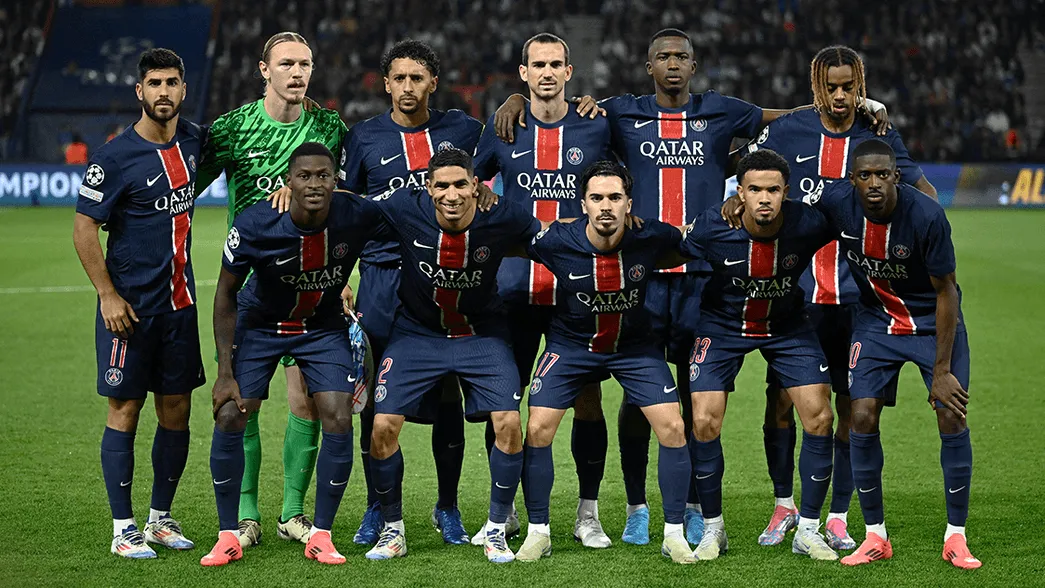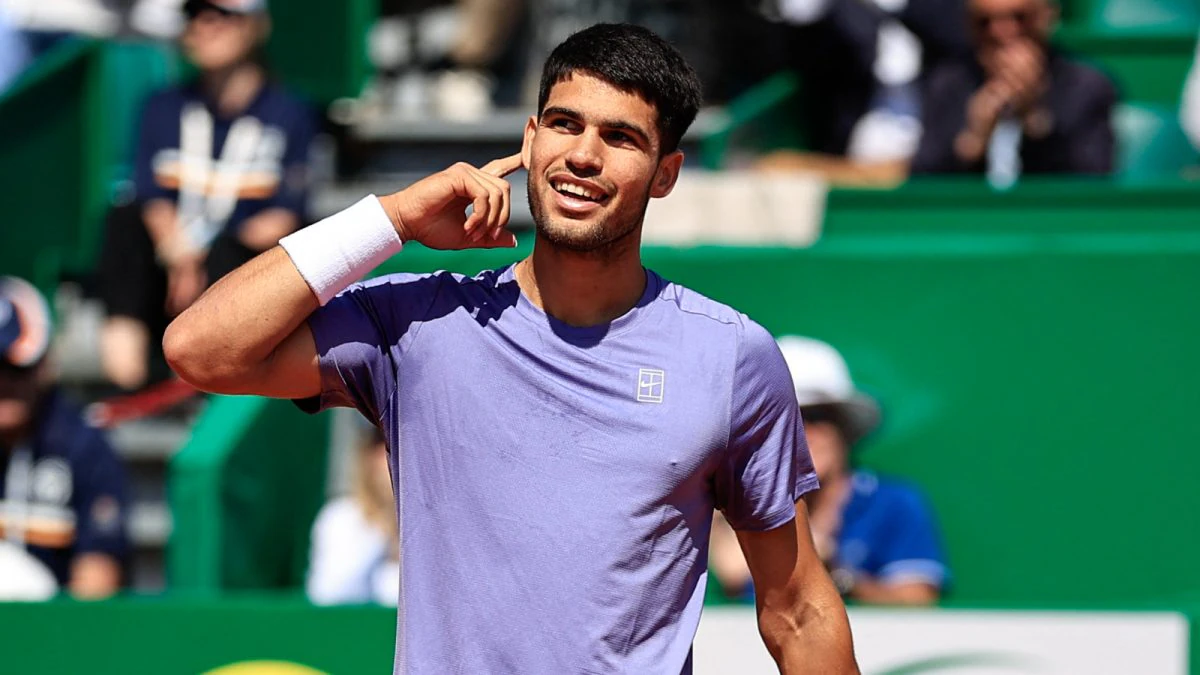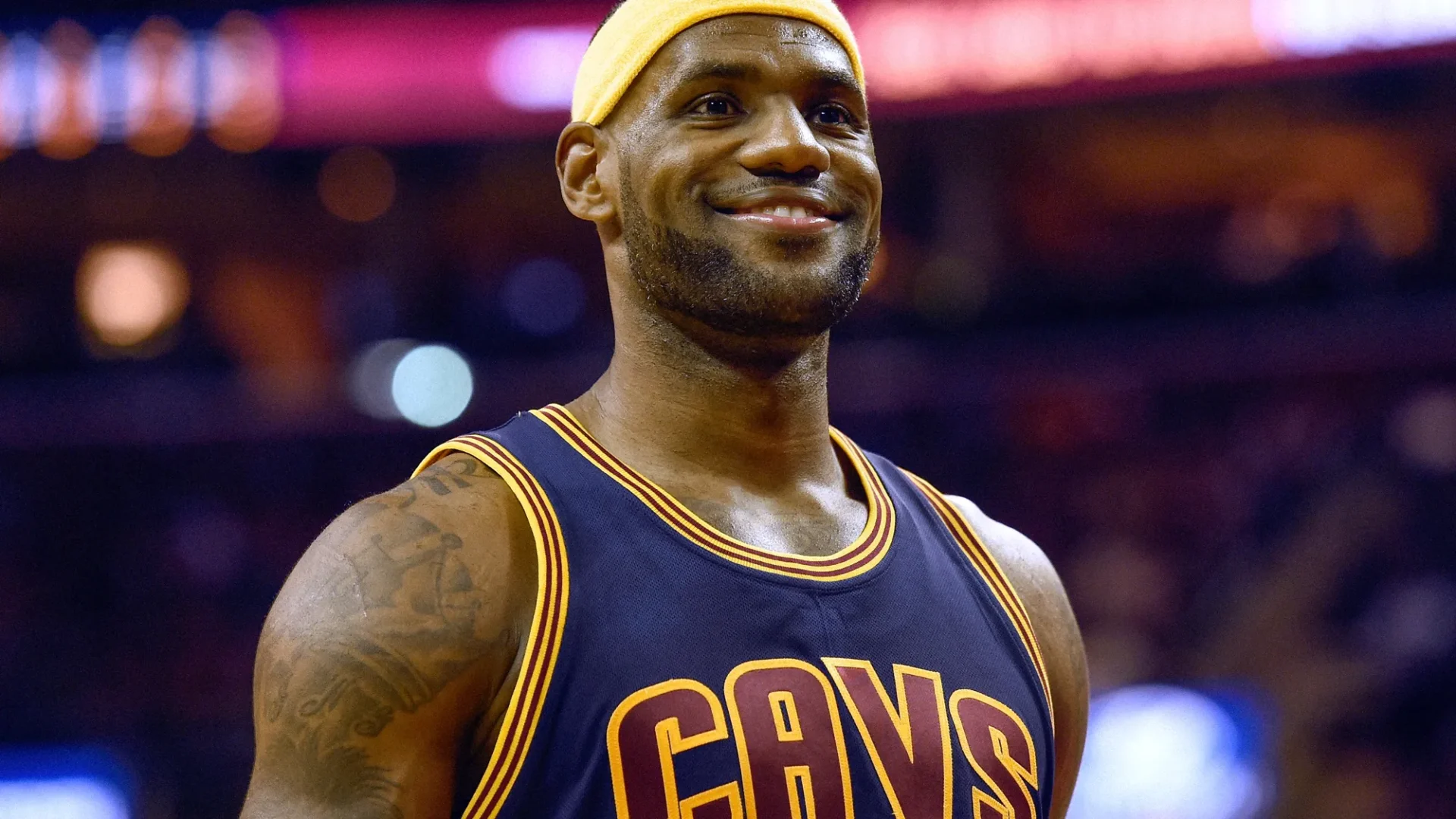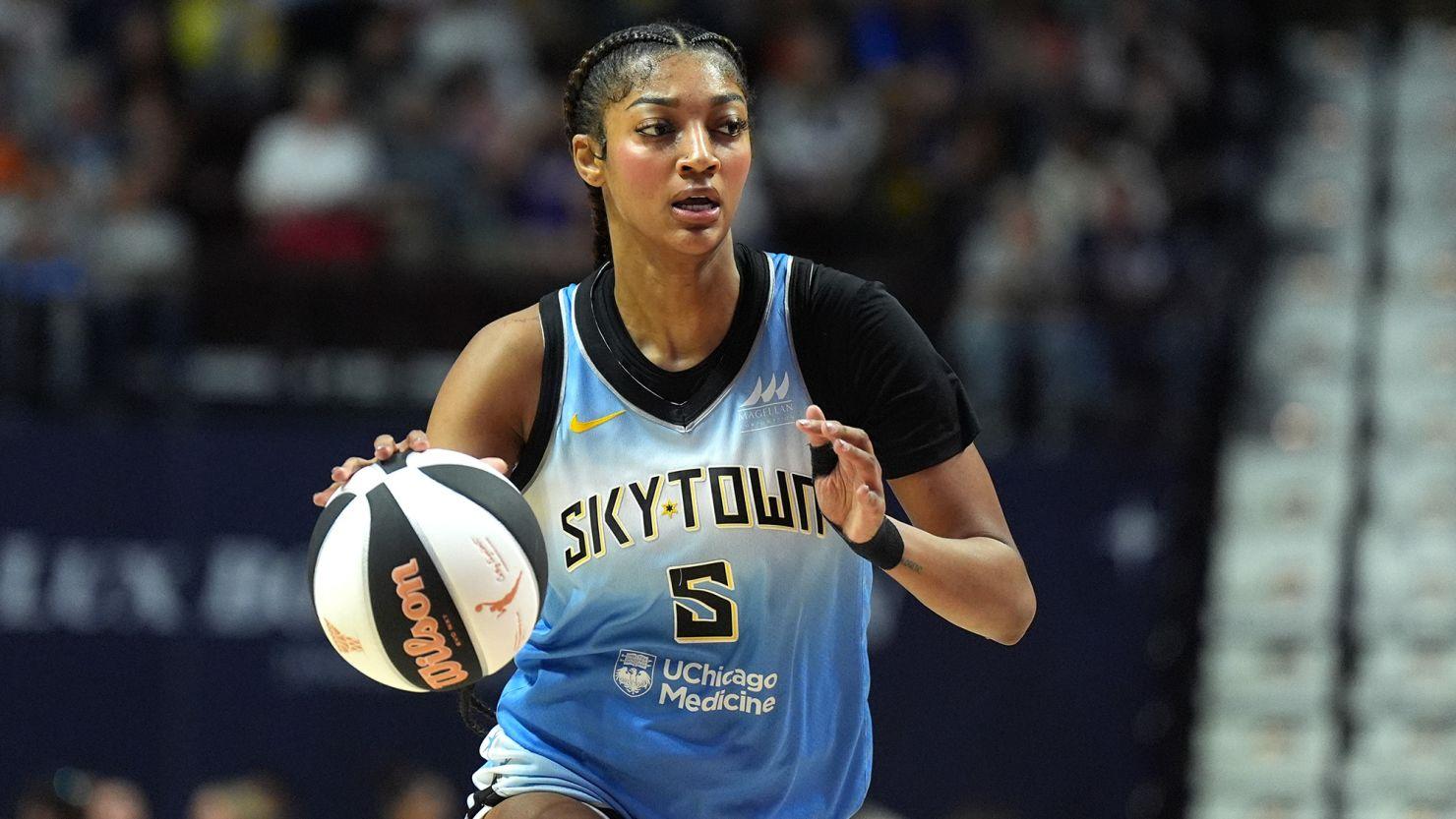(Football News) The traditional image of a diligent football scout, donning a golf cap and jotting down notes in a sturdy notebook while scouring remote corners of Africa or Latin America for untapped talent, has become a thing of the past. In its place, a new image emerges: a group of analytical enthusiasts, adorned with thick glasses, meticulously studying leagues and player footage on a plethora of football data analysis websites that have flourished over the past two decades. These websites have become the most trusted tool for unearthing young and promising players.
This shift doesn’t render the old scouts and their methods obsolete; rather, it redefines their roles. Prominent clubs still maintain a robust network to identify and track rising stars across continents, recognizing that the sharpest assessments are still made by human judgment and discernment. However, they no longer require a dedicated scout solely focused on a particular league to discover players who have yet to capture global attention. Everything is now easily accessible, right at their fingertips. Through data analysis, clubs can sift through vast databases of players, generating a list of prospects, which is then refined through video scouting before live scouts are deployed to observe them in person.
To some extent, the advent of data analytics has democratized player knowledge, although larger clubs tend to acquire talent first. However, there are no longer any secrets or hidden players. Every player is now known and traced. Take, for instance, Erling Haaland, who gained global recognition for his talent while still in his early teens, or Josko Gvardiol and Victor Osimhen. When Chelsea expresses interest in signing Angelo, commonly referred to as the “New Neymar” from Santos, it doesn’t come as a surprise because his viral videos showcasing his dribbling and feinting skills have been circulating for quite some time.
The allure of the unknown, the thrilling spectacle of an undiscovered prodigy taking the world by storm overnight, may no longer hold the same charm. The chances of Barcelona, or any other club, stumbling upon a player like Ronaldinho through word of mouth, as scout Josep Maria Minguella did, are now slim. Minguella was alerted by a neighbor who praised Ronaldinho’s spectacular, speedy, and skillful playing style. Barcelona initially dismissed him as too flamboyant, but PSG acquired him for £5 million before eventually selling him to Barcelona for $30 million. Similarly, Ramón Rodriguez Verdejo, known as the “Messi of talent spotting,” spotted Dani Alves showcasing his talents on the right wing during an U-20 national tournament. He immediately informed the top European clubs, but only Sevilla showed interest, signing him for around £1 million and later selling him to Barcelona for £23 million.
If data mining had been readily available at the turn of the century, their stories might have unfolded differently, or Alves and Ronaldinho could have reached Barcelona much sooner. In today’s era, clubs could simply browse platforms like WyScout or Scout to uncover more details about budding stars.
Among the multitude of platforms available, Wyscout stands out as the most prevalent. Nestled in the picturesque town of Chiavari, located approximately 30 kilometers south of Genoa, this company provides comprehensive video coverage and meticulous statistical analysis for thousands of players across more than 100 countries. With a team of 200 analysts, they gather data from around 1,500 matches every week. The CEO of Wyscout, Matteo Campodonico, was once an ordinary football enthusiast who recorded local games on video. Some of his videos caught the attention of the nearby club Genoa, who began to seek out his services for videos, photographs, and data. Eventually, Campodonico, along with his friends Simone Falzett and Piermaria Saltamacchia, established the company in a room at their school in 2004. Now, nearly every top club in Europe and North America subscribes to Wyscout, granting them access to detailed highlights of a significant portion of professional and even semi-professional footballers worldwide, all conveniently available at their fingertips.
According to rumors, it was through data analysis that Manchester United became convinced of signing Anthony Martial, even though he was relatively unknown at the time. Similarly, Genoa utilized this approach more successfully when they acquired Polish striker Krzysztof Piatek for £7 million, only to later sell him to AC Milan for £35 million.
During an annual scouts’ gathering in Amsterdam, organized by his company, Campodonico proudly declared, “We are to football what Bloomberg is to finance. Can you imagine making a financial investment without consulting Bloomberg? I hope WyScout will become just as indispensable. To find your player, you need to start applying your filters on WyScout.”
WyScout has introduced several new features to its platform, including a dedicated section where clubs can list players available for transfer, review footage from player trials, communicate with agents to discuss potential offers, and access information about contract durations for players of interest, among other functionalities. This has not only helped clubs reduce costs associated with maintaining an extensive network of scouts and traveling to far-flung locations but has also accelerated their access to player footage. The process of identifying and recruiting players has become more efficient and expedient. Technology has not only saved money but also valuable time in this regard.
Nonetheless, the reliance on data analysis is not without its limitations. Despite the thorough examination of data, clubs still deploy scouts to physically observe potential targets in action. However, the availability of data and video footage has significantly expedited the process of identifying desired players. Data alone cannot provide insights into a player’s personality, such as their level of selfishness, tendency to throw tantrums, interactions with support staff, reactions to being substituted, regularity in practice sessions, work rate on the training ground, or the overall standard of the league and opposition on a specific day. Additionally, data cannot capture factors like weather conditions, ground conditions, or off-the-ball movements – subtle yet decisive aspects that only the discerning human eye and mind can evaluate. Moreover, scouts have the advantage of watching players throughout an entire game, enabling them to form a more comprehensive and nuanced understanding of the player’s abilities and attributes.
Campodonico himself acknowledges the crucial role played by scouts. “In the end, you still need someone who will personally go to Brazil and watch a player in Sao Paulo. That’s how you gather insights into the player’s private life, their family background, and other essential details that clubs consider,” he emphasized during a conclave in 2018.
Among the array of websites, there are others like smarterscout.com, established by Dan Altman, an American economist who initially pursued football analytics as a recreational pursuit before transitioning into a consultant role for clubs including Manchester City. Altman, who had previously written newspaper columns, ventured into the realm of football data analysis. Similarly, Jay Socik’s football data analysis on Twitter caught the attention of Luton Town, a recently promoted English Premier League club. Impressed by his insights, Luton Town appointed Socik as the head of recruitment analysis. Socik played a pivotal role in identifying and recruiting manager Rob Edwards after his predecessor, Nathan Jones, unexpectedly departed from Kenilworth Road.
While data might not have fully claimed the throne in the transfer market, it undeniably wields significant influence in football. Rather than eliminating the role of scouts, data has transformed and revitalized their responsibilities in football. Football now benefits from a harmonious blend of instinctive human judgment, shaped by a seasoned scout’s eye, and the precision of data-driven insights, creating the best of both worlds for the sport football.
Also Read: Nike becomes the official kit partner of Al-Nassr














